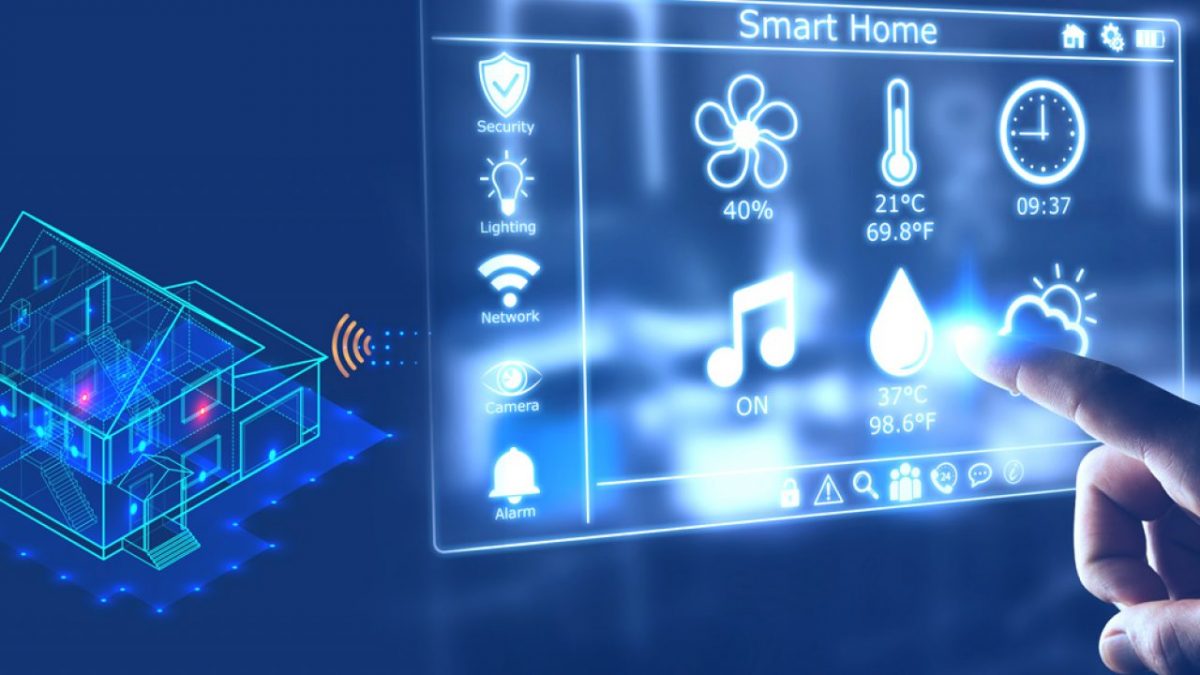In the rapidly evolving world of home and business security, smart door sensors have emerged as a pivotal component. As the name suggests, these sensors are designed to provide an extra layer of security by monitoring the status of your doors. Whether you're a homeowner or a business owner, understanding how these devices work can be incredibly beneficial. Let's dive into the world of smart door sensors and explore why they are becoming an essential part of modern security systems.

What Are Smart Door Sensors?
At their core, smart door sensors are devices that detect and report the status of a doorwhether it's open or closed. These sensors are typically part of a larger smart home security system and communicate with other devices, such as alarms or cameras, to provide comprehensive security coverage. The primary components include a magnet and a sensor. When the door is closed, the magnet aligns with the sensor, indicating it's secure. If the door opens, the magnetic connection is broken, triggering an alert.
How Do Smart Door Sensors Work?
The functionality of smart door sensors is rooted in their ability to detect changes in magnetic fields. This technology is both precise and efficient, making it ideal for security applications. When the door is opened, the sensor detects a change in the magnetic field, sending a signal to your smart home system. This can trigger various actions, such as sending a notification to your smartphone, activating a security camera, or sounding an alarm. Many systems also allow for integration with other smart devices, providing a seamless security experience.
The Benefits of Smart Door Sensors
Smart door sensors offer numerous benefits, making them an attractive option for both homeowners and businesses. Firstly, they provide real-time alerts, ensuring that you're immediately informed of any unauthorized entry. This quick response can be crucial in preventing potential security breaches. Additionally, these sensors are typically easy to install and integrate with existing security systems, making them a cost-effective solution for enhancing security.
Moreover, the data collected by smart door sensors can provide valuable insights into usage patterns, helping you optimize security measures. For instance, businesses can analyze door usage to identify peak periods of activity and adjust staffing or operations accordingly. Similarly, homeowners can use this data to better understand the comings and goings of household members.
Choosing the Right Smart Door Sensor
When selecting a smart door sensor, it's important to consider several factors. Compatibility with your existing smart home system is crucial to ensure seamless integration. Additionally, consider the range and connectivity optionssome sensors use Wi-Fi, while others rely on Bluetooth or Zigbee technology. Each has its advantages, so choose the one that best fits your needs.
For those looking to enhance their understanding of smart home technology, resources such as this smart home buying guide offer valuable insights into making informed decisions. Whether you're setting up a new system or upgrading an existing one, these guides provide comprehensive information to help you navigate the options available.
Installation and Maintenance Tips
Installing smart door sensors is generally straightforward, but there are a few best practices to keep in mind. Ensure the sensor and magnet are properly aligned for accurate readings. Regularly check the battery life of wireless models to avoid unexpected outages. Additionally, periodic testing is recommended to ensure the sensors are functioning correctly and communicating with your smart home system.
For a deeper dive into smart home security, check out articles like Smart Video Doorbells Explained and How Smart Alarms Work. These resources provide a broader perspective on integrating various smart devices for a holistic security approach.
Conclusion: The Future of Security
As technology continues to advance, the role of smart door sensors in both home and business security is likely to grow. Their ability to provide real-time monitoring and seamless integration with other smart devices makes them a cornerstone of modern security systems. Whether you're looking to enhance your home's security or safeguard your business premises, investing in smart door sensors is a step towards a safer, more connected future.
For further reading on how smart devices can prevent burglaries, explore this insightful article on smart device security.

FAQ
What are the main components of a smart door sensor?
A typical smart door sensor consists of a magnet and a sensor. The magnet aligns with the sensor when the door is closed, indicating the door is secure. When the door is opened, the magnetic connection is broken, triggering an alert.
Can smart door sensors be integrated with other smart home devices?
Yes, most smart door sensors are designed to integrate with a variety of smart home devices, including alarms, cameras, and lighting systems, allowing for a comprehensive security setup.
How do I maintain my smart door sensors?
Regular maintenance of smart door sensors involves checking the battery life, ensuring proper alignment between the sensor and magnet, and periodically testing the system to confirm it's working correctly.

